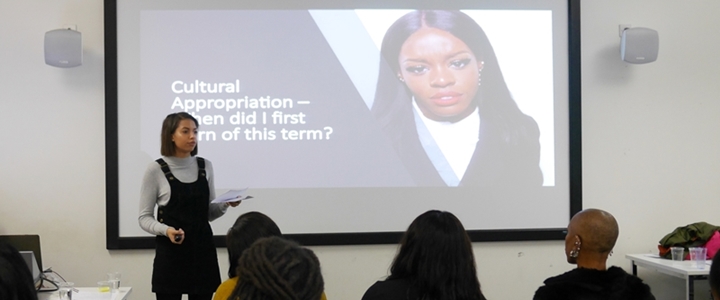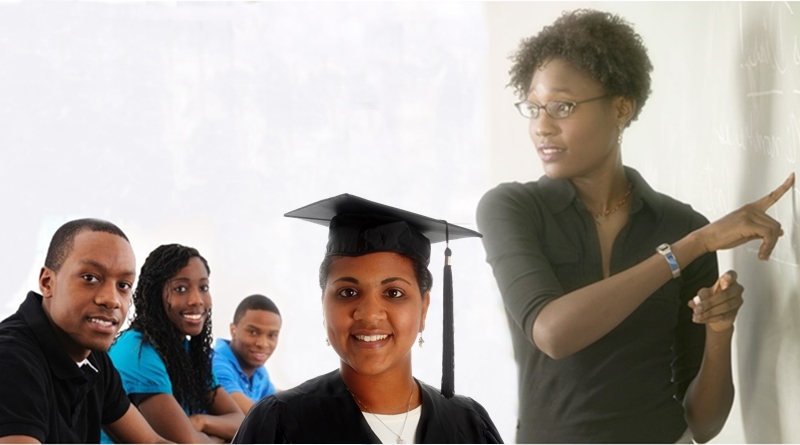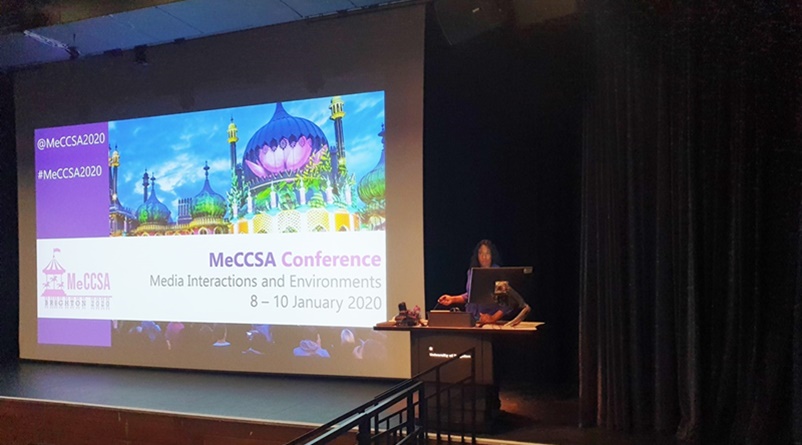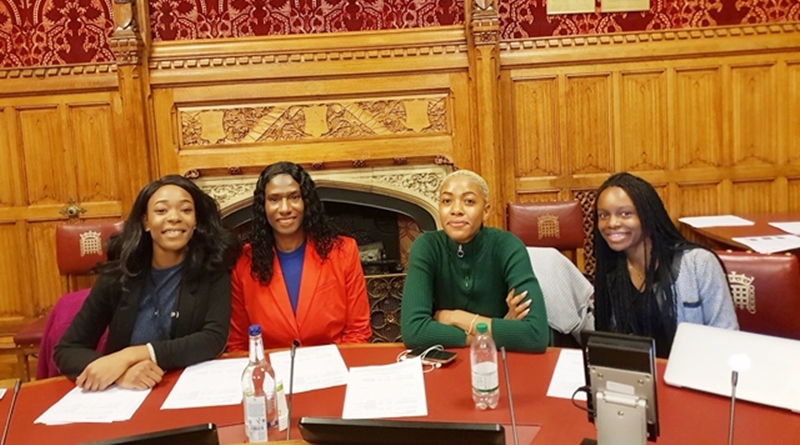Rebecca Aynge graduated from Bournemouth University with a BA in Politics degree (2:1). Commenting on life post-university she said:
“Since finishing my degree, it is quite satisfying to watch people’s faces when I tell them I have a degree in politics, most of them in shock as to why I would spend four years of my life studying something perceived by some as ‘boring’.
While there were parts of my degree that were not as interesting as I would have liked, to some extent I feel that many societal issues would be more easily resolved if more people had a basic understanding of the political sphere that shapes our society.”
Rebecca’s grounding in politics enabled her to better understand the political dimensions of race, sparking an interest in issues around identity and representation. She explained:
“It was around the end of my second year at university that I became aware of the term ‘cultural appropriation’ after hearing about controversy in the hip hop industry with White artists winning prestigious accolades over Black artists whose talent was widely perceived as being superior. Soon after this I began hearing the term associated with Black women’s hair styles, body shape and facial features in the media.”
This interest grew and prompted Rebecca to reflect on how people of colour can internalise dominant perceptions of beauty:
“It wasn’t until I read numerous blogs on the issue that I realized the magnitude of this issue on Black women; I remembered helping my mum all of those years relax (chemically straighten) her hair so it would look ‘presentable’ for work and later her being so happy when she went for the ‘big chop’ and grew her natural, afro-textured hair.
“I think that gaining a degree in politics has made me question many things that are deemed as societal norms which are actually structural forms of racism.”
As Rebecca learnt on her politics degree, political engagement among women is lower than men, and in the UK, only 29 per cent of women in the UK are MPs. While this figure is low (in Rwanda 63.8 per cent of MPs are women), it is the largest increase since 1997. However, only 6.3% of MPs are people of colour – though a rise from 4.2 per cent in 2013. Commenting on the lack of ethnic and gender diversity in British politics, Rebecca said:
“It would be amazing to see more women from ethnic minority backgrounds have a stronger influence in politics, even though on a personal level it does not appeal to me as a career option just yet.
“I am happy to be working in a digital marketing agency that targets Chinese consumers, giving me the opportunity to learn in depth about cultural differences in China as well as digital marketing.”
Rebecca delivered a presentation on her undergraduate dissertation entitled: My Culture is Not a Trend: An Exploration Into Cultural Appropriation of the Black Female Body in Popular Culture at the Sisterhood, Solidarity, Self-Empowerment event at University of the Arts London.




